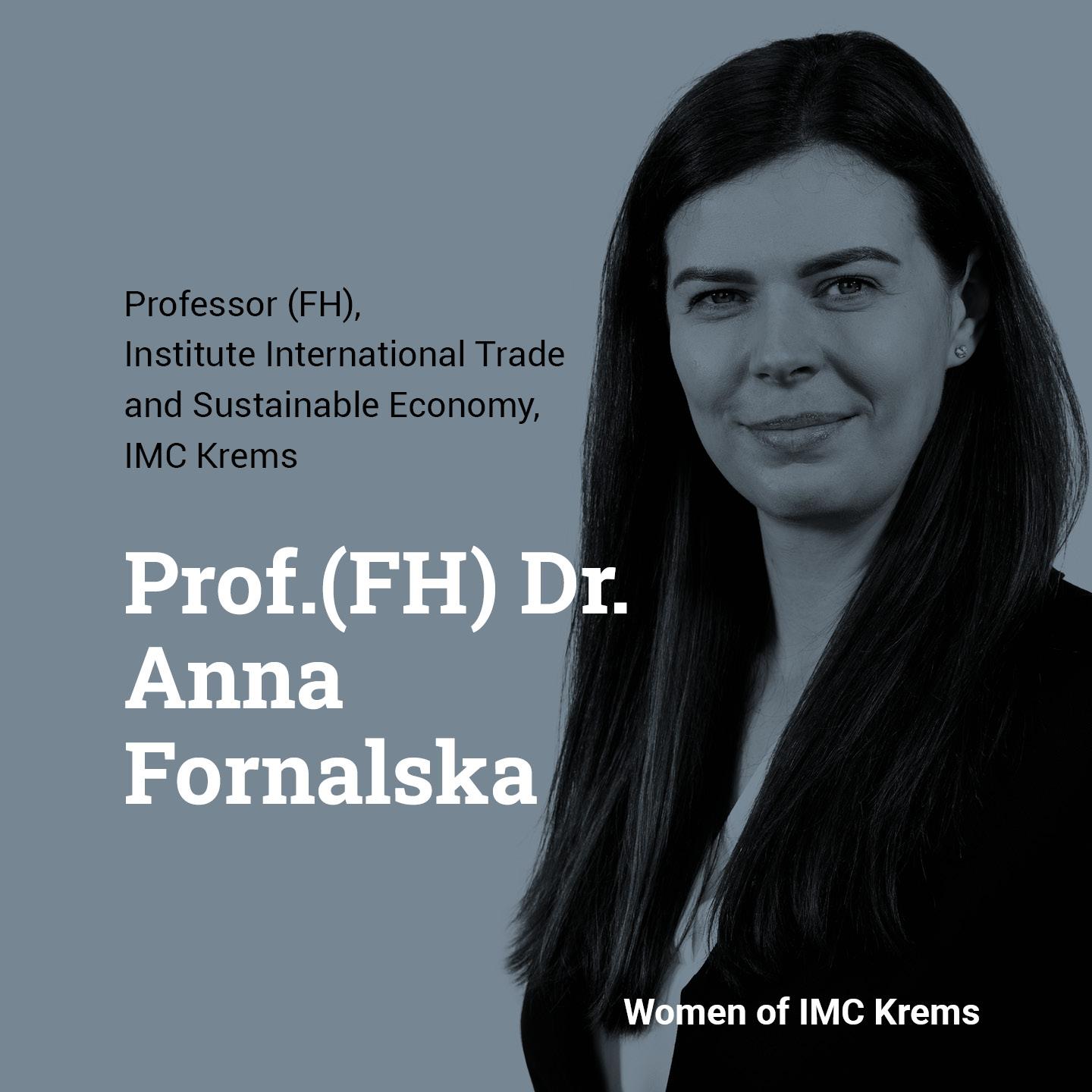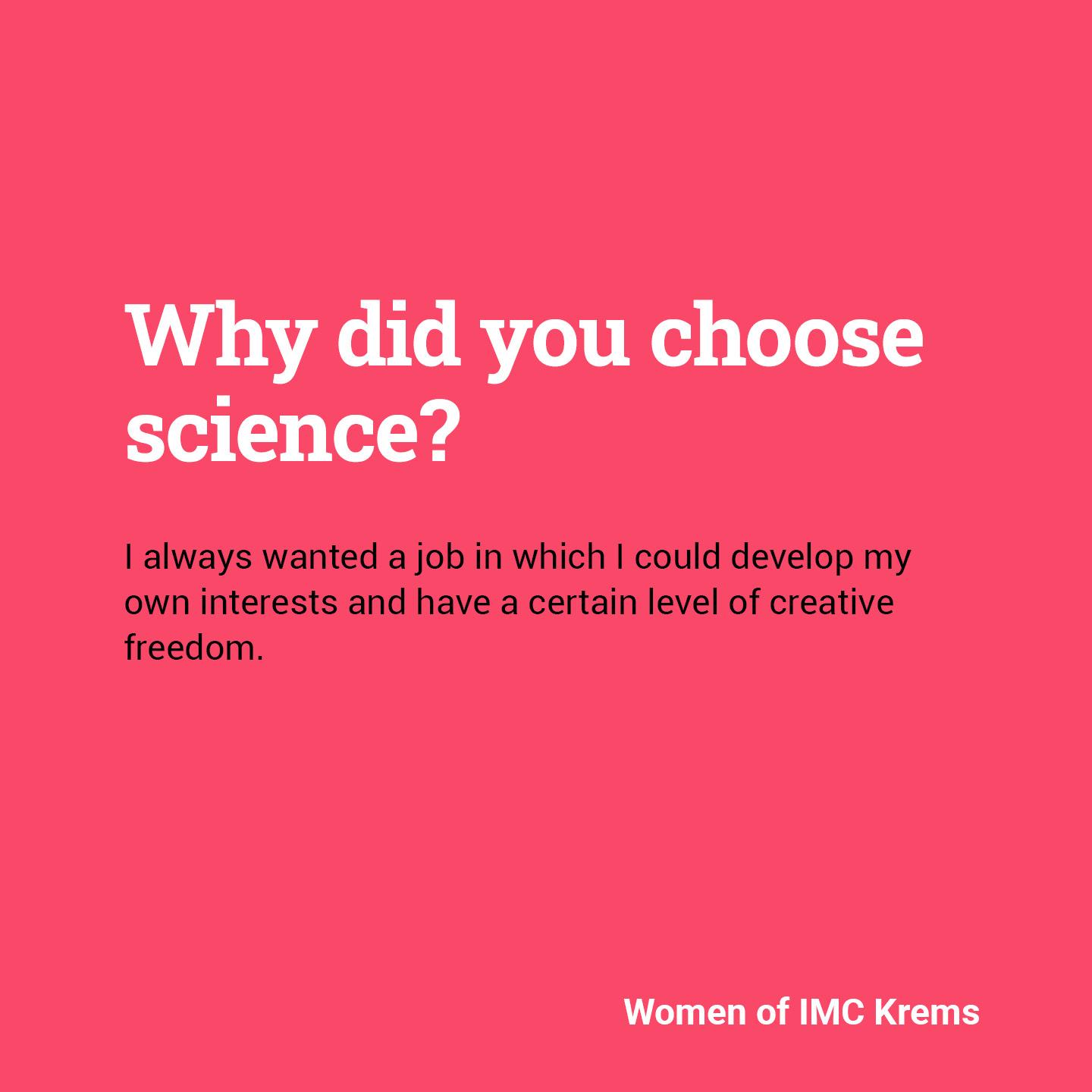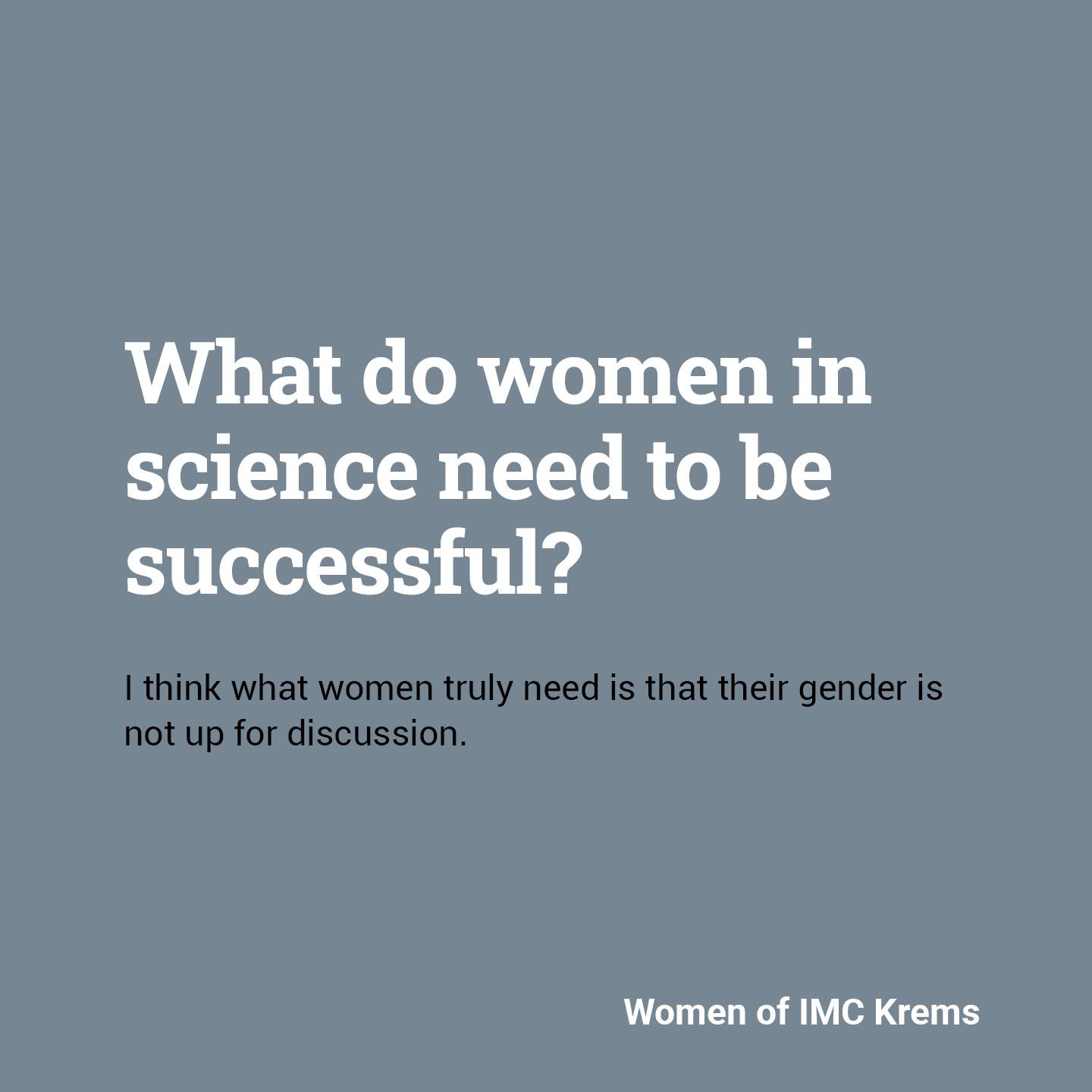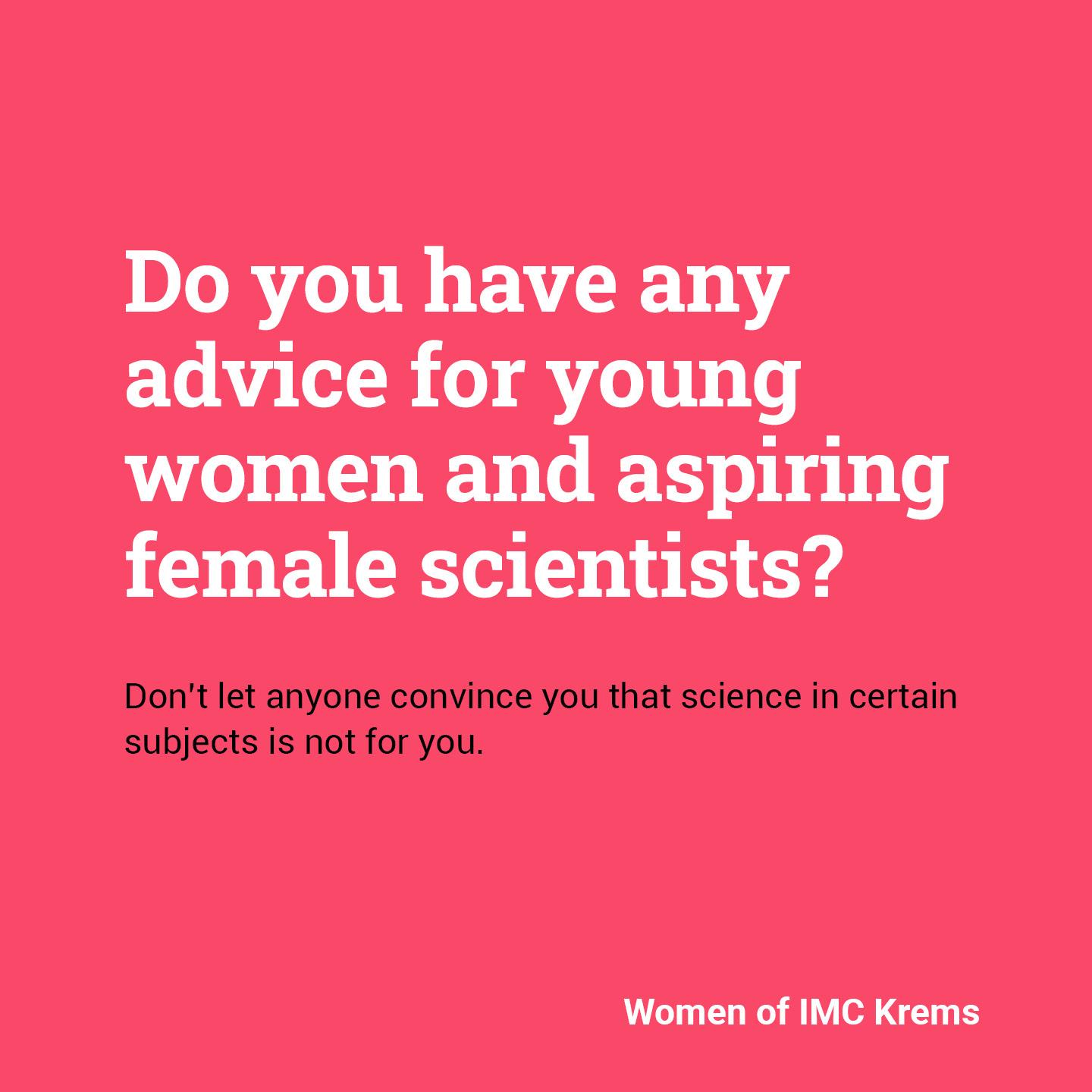Press
Being a woman should not be an issue
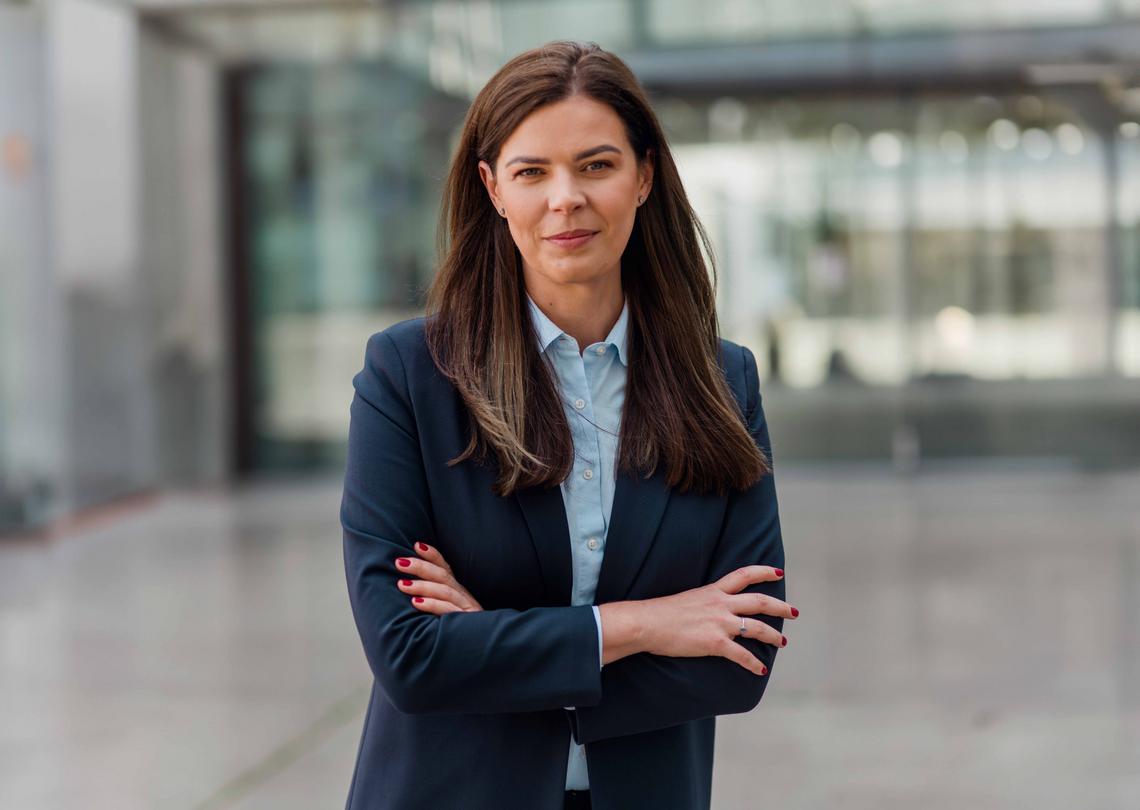
Prof. (FH) Dr Anna Fornalska was born in Poland and holds two master's degrees: in economics and law, as well as a PhD in economics and finance, granted at the University of Gdansk's Faculty of Economics. After ten years of teaching and conducting research in Gdansk, she relocated to Krems in 2020 and has been working as a professor and researcher at IMC Krems.
Alternative financing
"My research focuses on a socially sustainable development from the perspective of individual consumers and society as a whole," said Fornalska. "My interests in this area include alternative financing, urban and regional development, transportation, and mobility. My core background in international trade still enables me to teach a wide variety of subjects. This is quite essential to me as a lecturer."
Her current research focuses on alternative financing. The ERASMUS+ initiative SU-CCESS! addresses sustainable, local communities and crowdsourcing. The purpose is to increase civic engagement in communities in order to foster a sense of shared responsibility for accomplishing sustainable development goals. The SU-CCES! project aims to combine civic involvement and social capital.
Preferably no gender issues
The scientist enjoys the creative freedom she has in her study. "Science is extremely rewarding and ever-changing. Doing my PhD helped me believe in my own ideas and look for further development opportunities based on them," Fornalska explains. Her dream is not to have to address gender issues in research because, while she admires attempts to promote equality, she wishes that being a woman were no longer an issue. "I think we need to reach the milestone where we receive grants, access to funding and leadership positions on an equal level, so that we can focus on science only," she says.
The researcher is confident that there are no unsuitable subjects for women. She urges young women who want to pursue a career in science to start with the subject that interests them the most. "Ultimately, your field of research will follow you throughout your academic career, including holidays and weekends. And you want it to remain your passion." Fornalska concludes.
Three questions – three answers:
Why did you choose science?
I always wanted a job in which I could develop my own interests and have a certain level of creative freedom.
What do women in science need to be successful?
I think what women truly need is that their gender is not an issue.
Do you have any advice for young women and aspiring female scientists?
Don’t let anyone convince you that science in certain subjects is not for you.
